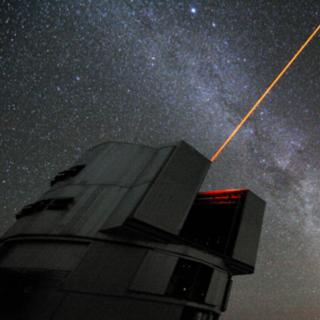Callingham, Thomas M.; Cautun, Marius; Deason, Alis J.; Frenk, Carlos S.; Grand, Robert J. J.; Marinacci, Federico
Bibliographical reference
Monthly Notices of the Royal Astronomical Society
Advertised on:
7
2022
Citations
63
Refereed citations
55
Description
We introduce a multicomponent chemo-dynamical method for splitting the Galactic population of globular clusters (GCs) into three distinct constituents: bulge, disc, and stellar halo. The latter is further decomposed into the individual large accretion events that built up the Galactic stellar halo: the Gaia-Enceladus-Sausage, Kraken and Sequoia structures, and the Sagittarius and Helmi streams. Our modelling is extensively tested using mock GC samples constructed from the AURIGA suite of hydrodynamical simulations of Milky Way (MW)-like galaxies. We find that, on average, a proportion of the accreted GCs cannot be associated with their true infall group and are left ungrouped, biasing our recovered population numbers to $\sim 80{{\ \rm per\ cent}}$ of their true value. Furthermore, the identified groups have a completeness and a purity of only $\sim 65{{\ \rm per\ cent}}$. This reflects the difficulty of the problem, a result of the large degree of overlap in energy-action space of the debris from past accretion events. We apply the method to the Galactic data to infer, in a statistically robust and easily quantifiable way, the GCs associated with each MW accretion event. The resulting groups' population numbers of GCs, corrected for biases, are then used to infer the halo and stellar masses of the now defunct satellites that built up the halo of the MW.
Related projects

Galaxy Evolution in the Local Group
Galaxy formation and evolution is a fundamental Astrophysical problem. Its study requires “travelling back in time”, for which there are two complementary approaches. One is to analyse galaxy properties as a function of red-shift. Our team focuses on the other approach, called “Galactic Archaeology”. It is based on the determination of galaxy
Matteo
Monelli